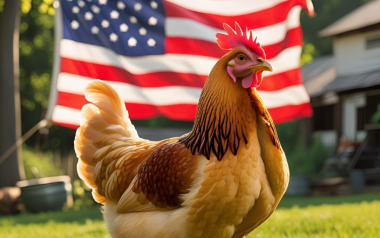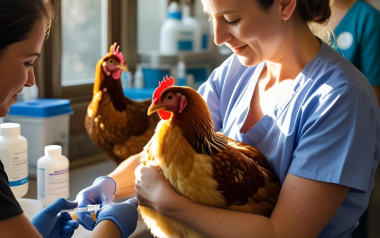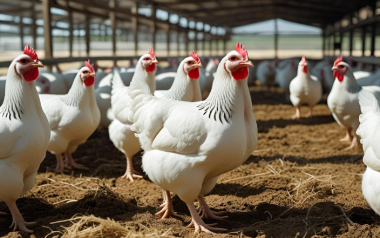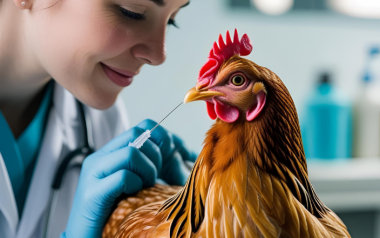Sources: Available upon request
01 Aug 2024
Brazil declares end of Newcastle disease outbreak
Brazil has officially declared the conclusion of the Newcastle disease outbreak in the state of Rio Grande do Sul. This announcement marks a critical step towards restoring normalcy in the region’s poultry sector and resuming international trade.
In a significant development for the poultry industry, Brazil has officially declared the conclusion of the Newcastle disease outbreak in the state of Rio Grande do Sul. This announcement marks a critical step towards restoring normalcy in the region’s poultry sector and resuming international trade.
Background of the outbreak
The Newcastle disease outbreak was first confirmed on July 17, 2024, in a commercial poultry farm located in the municipality of Anta Gorda, Rio Grande do Sul. The disease, caused by a highly contagious virus, affects both domestic and wild birds, leading to severe economic losses due to high mortality rates and trade restrictions.
Immediate response and containment measures
Upon confirmation of the outbreak, the Brazilian Ministry of Agriculture and Livestock (MAPA) swiftly implemented a series of containment measures to prevent the spread of the disease. These measures included the establishment of a zoosanitary emergency area encompassing the municipalities of Anta Gorda, Doutor Ricardo, Putinga, Ilópolis, and Relvado. Federal and state teams conducted rigorous control and surveillance activities within a 10 km radius of the outbreak site.
Impact on trade and economy
The outbreak had a substantial impact on Brazil’s poultry exports. As a precautionary measure, Brazil temporarily suspended the export of poultry and poultry products from the affected region. This suspension affected trade with several countries, including China, Argentina, Peru, and Mexico. Rio Grande do Sul, being the third-largest exporter of chicken meat in Brazil, faced significant economic repercussions. In the first half of the year, the state exported 354,000 tons of chicken meat, generating revenues of $630 million.
Eradication and monitoring efforts
The eradication of the Newcastle disease outbreak involved comprehensive monitoring and testing protocols. The affected farm underwent continuous monitoring for 42 days to detect any traces of the virus. During this period, no new cases were reported, and the farm was eventually cleared for resumption of operations. Additionally, other farms within the emergency zone were subjected to specific protocols to ensure the absence of the virus before lifting restrictions.
International collaboration and communication
Brazil’s efforts to manage and eradicate the outbreak were closely coordinated with international organizations and trading partners. The Brazilian government communicated regularly with the World Organisation for Animal Health (WOAH) and importing countries to provide updates on the situation and the measures taken to control the disease. This transparent communication was crucial in maintaining trust and facilitating the eventual resumption of exports.
Resumption of exports
With the successful containment and eradication of the Newcastle disease outbreak, Brazil is now poised to resume its poultry exports. The Ministry of Agriculture and Livestock has notified importing countries and the WOAH about the conclusion of the outbreak. This notification is expected to lead to the lifting of trade restrictions and the normalization of poultry exports from Rio Grande do Sul.
Future preparedness
The Newcastle disease outbreak in Rio Grande do Sul has underscored the importance of robust biosecurity measures and rapid response protocols in the poultry industry. The Brazilian government has emphasized the need for continuous vigilance and preparedness to prevent future outbreaks. Enhanced surveillance, early detection, and swift containment measures will be critical in safeguarding the poultry sector and ensuring the stability of international trade.
Conclusion
The declaration of the end of the Newcastle disease outbreak in Rio Grande do Sul is a testament to the effectiveness of Brazil’s disease management and control strategies. The swift response, rigorous monitoring, and transparent communication have played a pivotal role in mitigating the impact of the outbreak and restoring confidence in Brazil’s poultry industry. As the country resumes its poultry exports, the lessons learned from this outbreak will serve as a foundation for future preparedness and resilience.









































